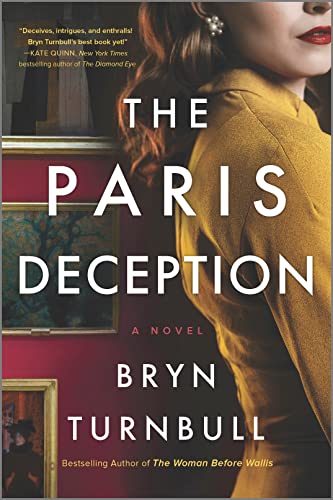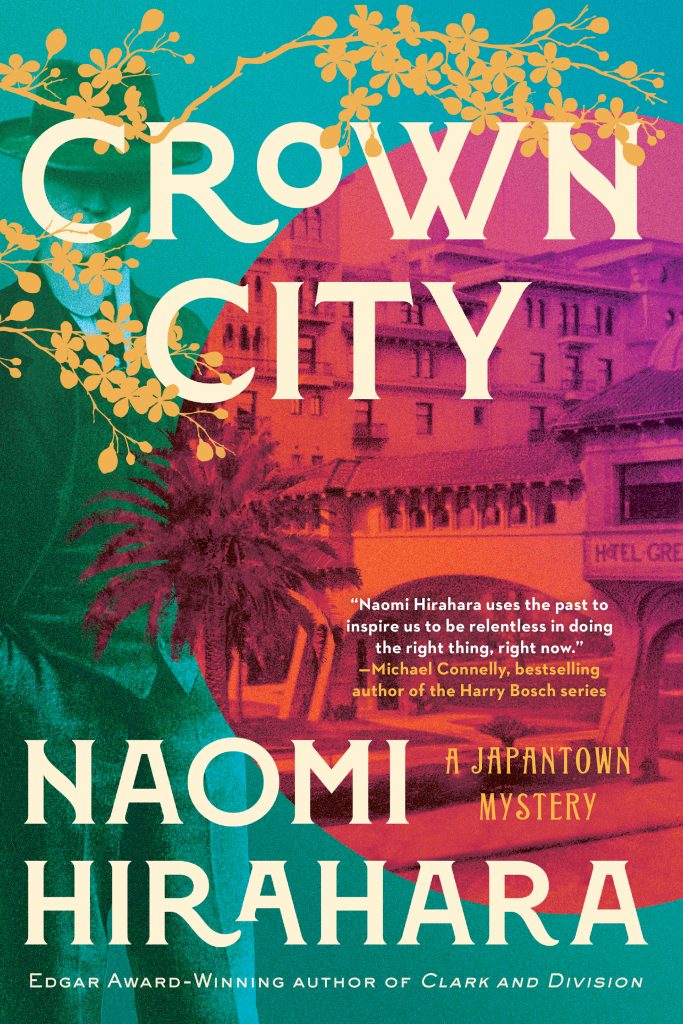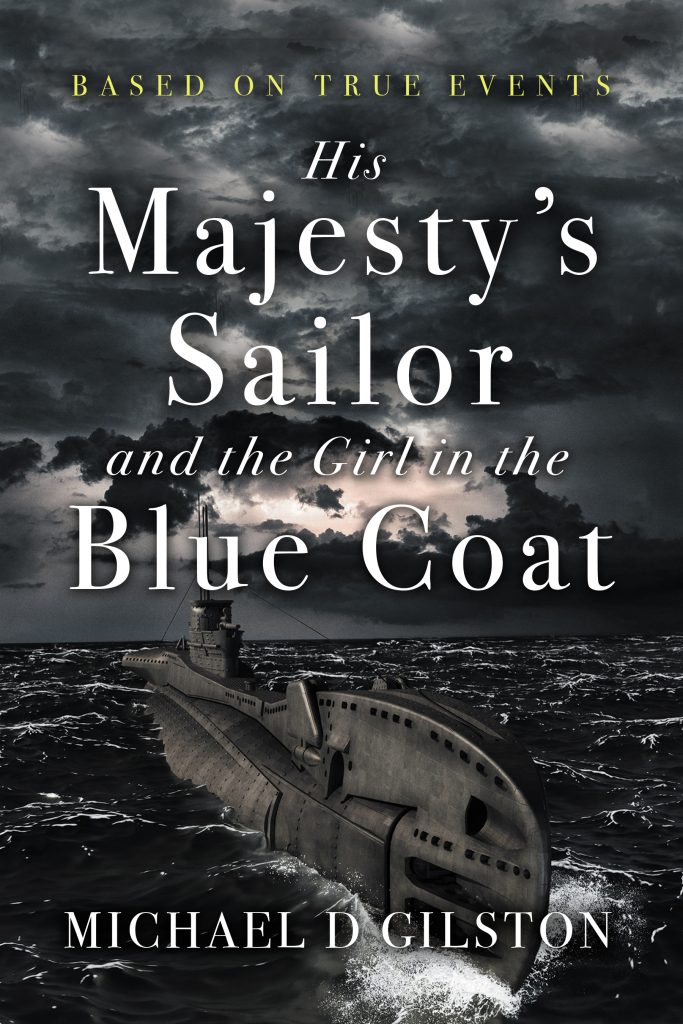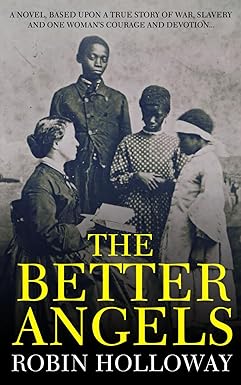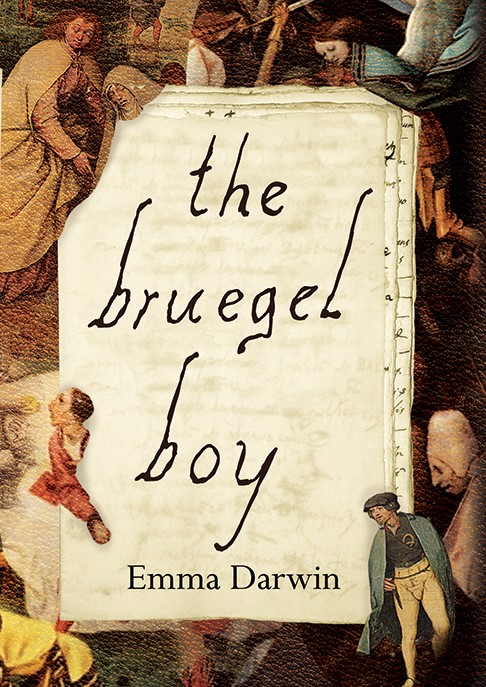The Paris Deception
During WW2, Paris was filled with German military forces. Some focused on more than warfare – they saw potential for personal profit from selling many artworks, especially from France’s National Gallery and the museum of modern art, the Jeu de Paume. Worse, Hitler was contemptuous of modern art, calling it degenerate and ordering the burning of thousands of art works.
Watching in horror is Sophie, art restorer at the museum. Sophie’s beloved brother Dietrich had been killed while working for the resistance. She blames his wife, now his widow, Fabienne. The two women have not spoken since his death. In spite of this, Sophie recruits Fabienne, a talented artist, to fake the paintings of modern art masters so the original can be hidden and saved. Fabienne, meanwhile, has her own problems trying to return the family vineyard to profitability again.
The novel covers many aspects of the Nazi occupation of Paris including the persecution of the Jews. Sophie and Fabienne realize their saving of modern masterpieces, while extremely dangerous, has a minute impact on the German occupation. They agree, however, that “it is something.”
The blending of the experiences of these two women covers a wide swath of Nazi atrocities in France. The tale is told with imagination and empathy as friends, husbands, and lovers fall to bullets or are hanged in the street. The sense of fear and outrage is strongly portrayed. Contrasting with the poverty and desolation of most of the population is Sophie’s agonizing dalliance at elegant social events with a German officer she despises. It conceals her mission. The author interweaves many facets to create a sense of impending disaster for thousands of works of art and also for the story’s characters, who represent French people of that time and place.

